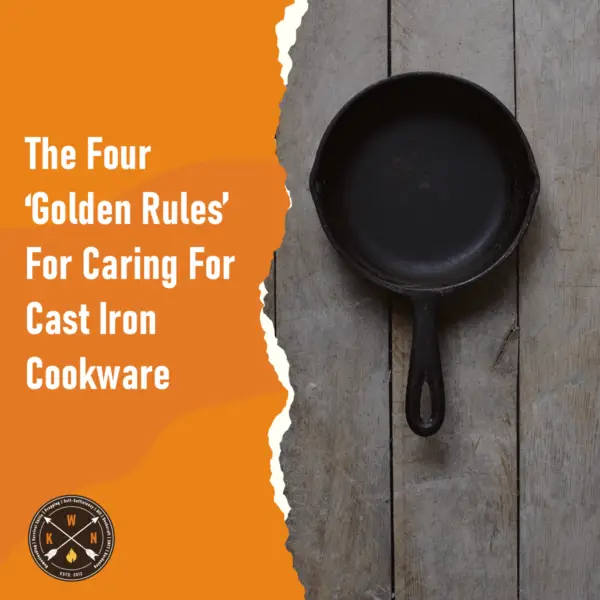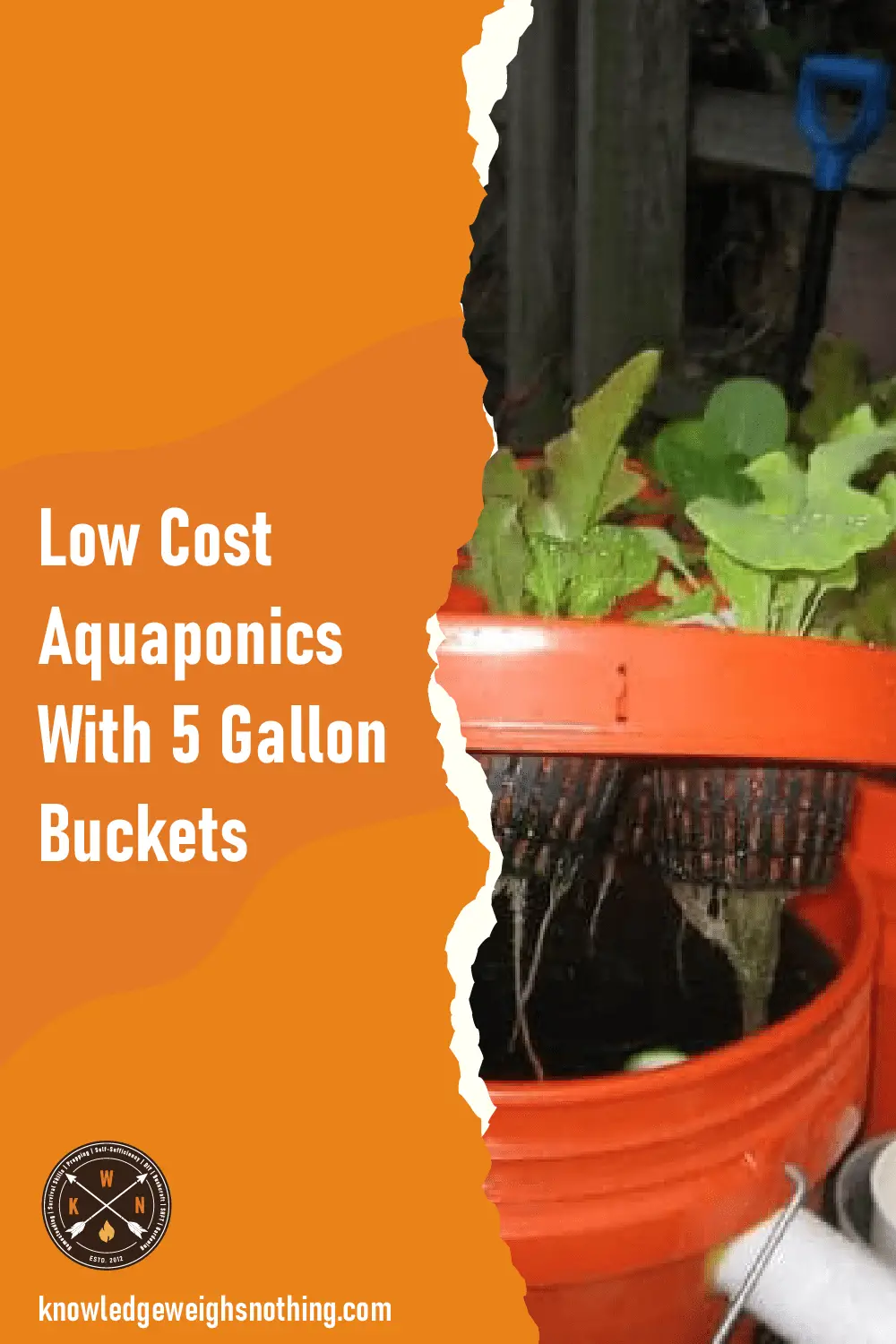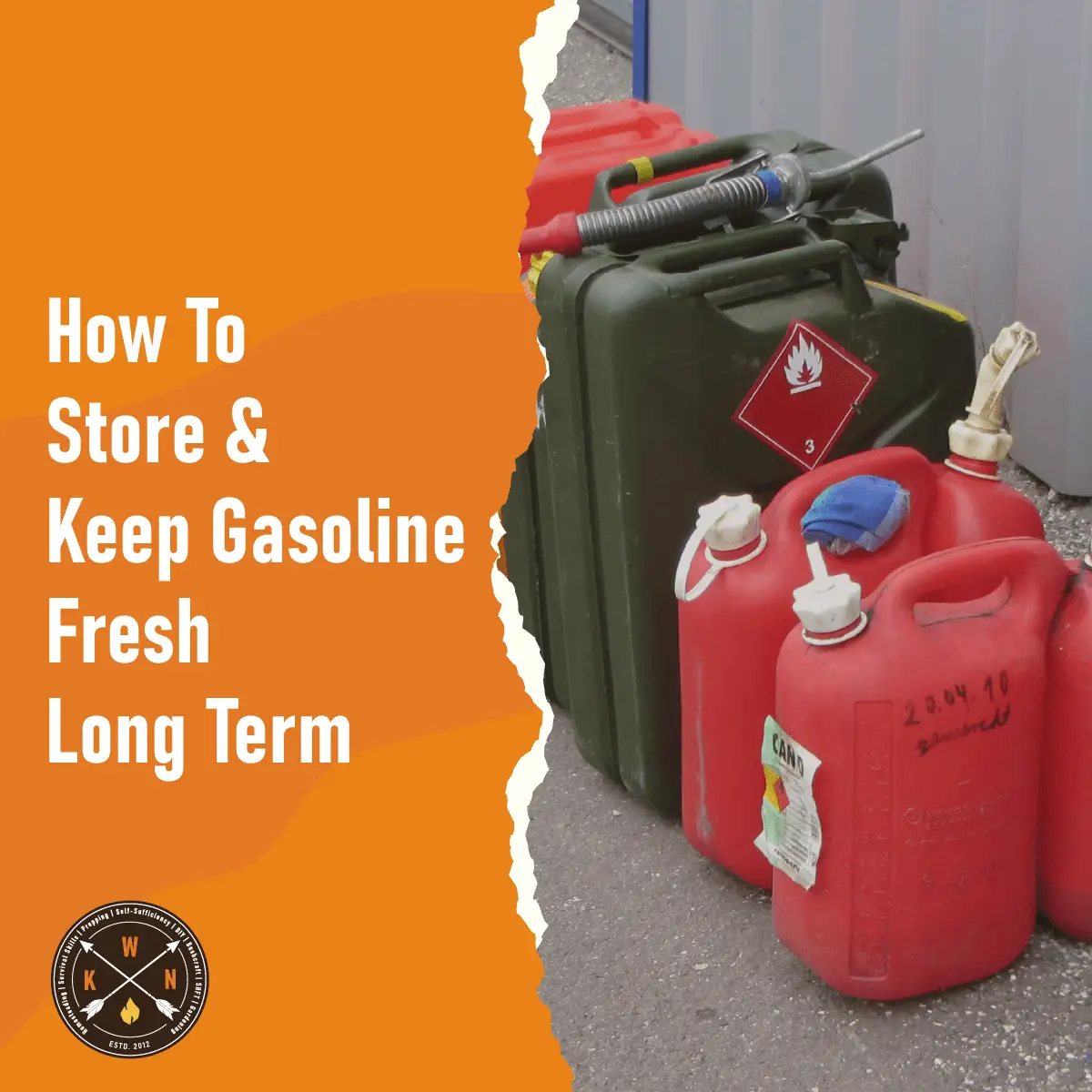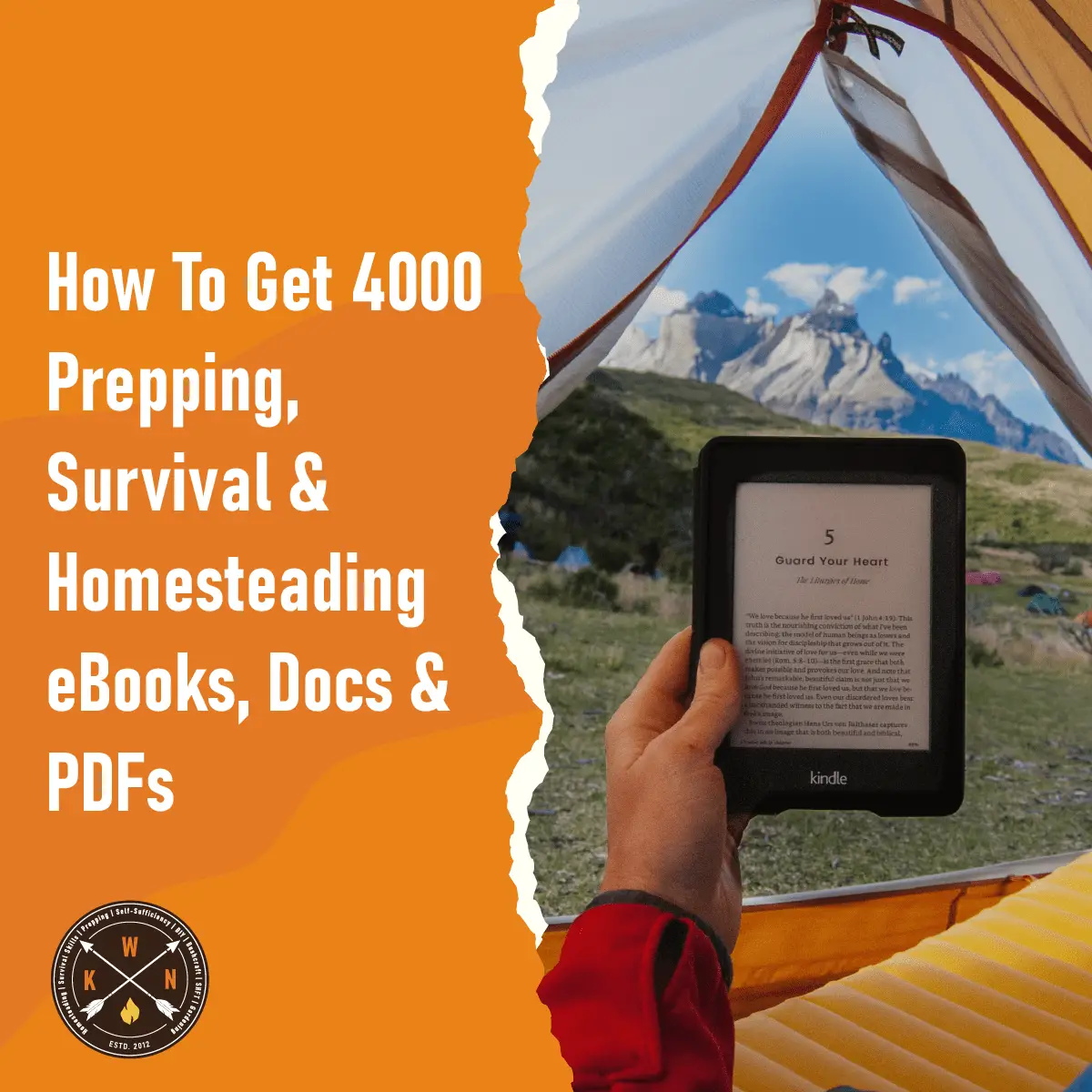Table of Contents
ToggleRule 1: Don’t wash cast-iron cookware like normal pots and pans.
Don’t wash cast-iron cookware like normal pots and pans. Dishwasher detergent and dish soap will remove the seasoning (oil coating) on the skillets etc, that is required for successful cooking and storage. If the seasoning is removed, food will stick to the cookware, and when stored the cast-iron will oxidize and rust.
Rule 2: Clean cast-iron cookware like this.
In most cases, a quick wipe around with some kitchen towel and cooking oil will suffice. If you do have some stuck-on food that doesn’t come off with a quick wipe – pour a cup of water in your skillet (etc), put it on the heat and let it boil for a minute or two. Remove from the heat, pour the water away and carefully wipe with some kitchen towel and oil. If the pan has still not come clean, add a handful of coarse salt and use some paper towel to rub the pan. The salt acts as a gentle abrasive that won’t damage the cast-iron.
Rule 3: Re-season after use
After you have used and or cleaned cast-iron cookware, be sure to re-season it before storage and further use. To do this – add a little oil to the cookware and use some paper towel to gently rub it around to seal and protect it. This will protect and stop the cookware from rusting in storage, and mean it is ready for use straight out of the cupboard next time.
Rule 4: Treat with care
Never use steel wool to clean cast-iron cookware, it will scratch the surface. Be very careful using metal cooking utensils too as they can also cause damage. Use wooden utensils if possible. Lastly, store your cast-iron cookware carefully. Cast-iron cookware is heavy so it is easy to chip or dent when handling and storing. Chips and dents can affect how food cooks and sears, so handle with care.
BONUS: Find Out What The Numbers & Letters On Cast-Iron Cookware Mean
You’ll either be really interested in this, or you’ll be thinking what’s the point? Actually, since you are reading this post you are likely in the ‘interested’ party category.
There is so much heritage and history wrapped up in old-cast iron cookware, old cast-iron Dutch ovens, skillets, kettles and those beautiful old cast-iron wood-burning stoves. Wouldn’t it be nice if you find out a bit more about them, when were they made, what was their original purpose etc? Well, now you can! Below is an article to the ‘Cast Iron Collector’ website that explains what all those numbers and letters on your old cast-iron cookware mean.
Find Out What The Numbers & Letters On Cast-Iron Cookware Mean





